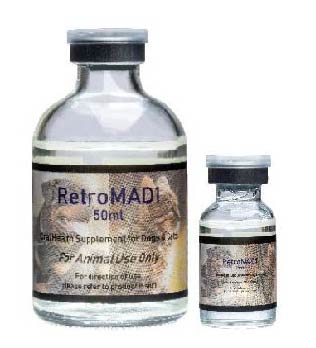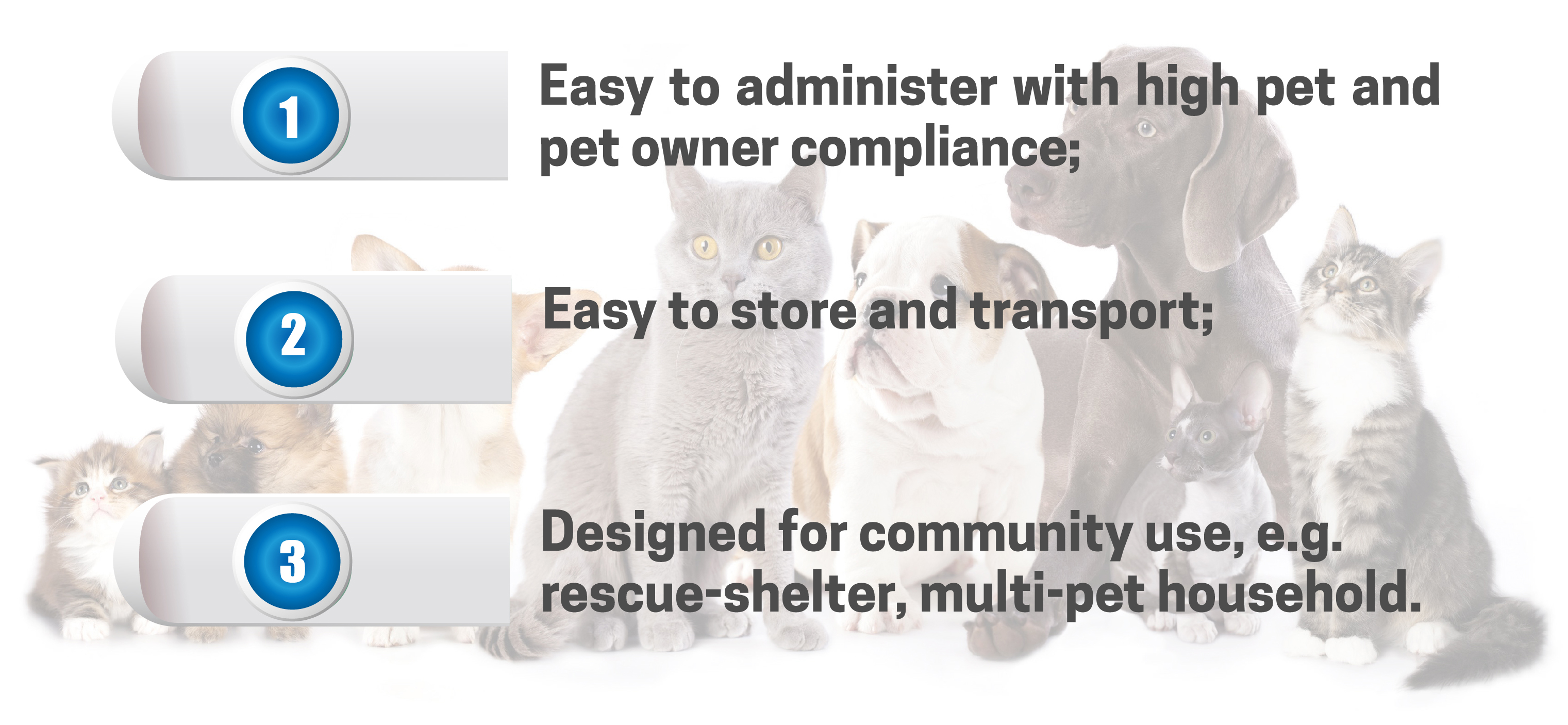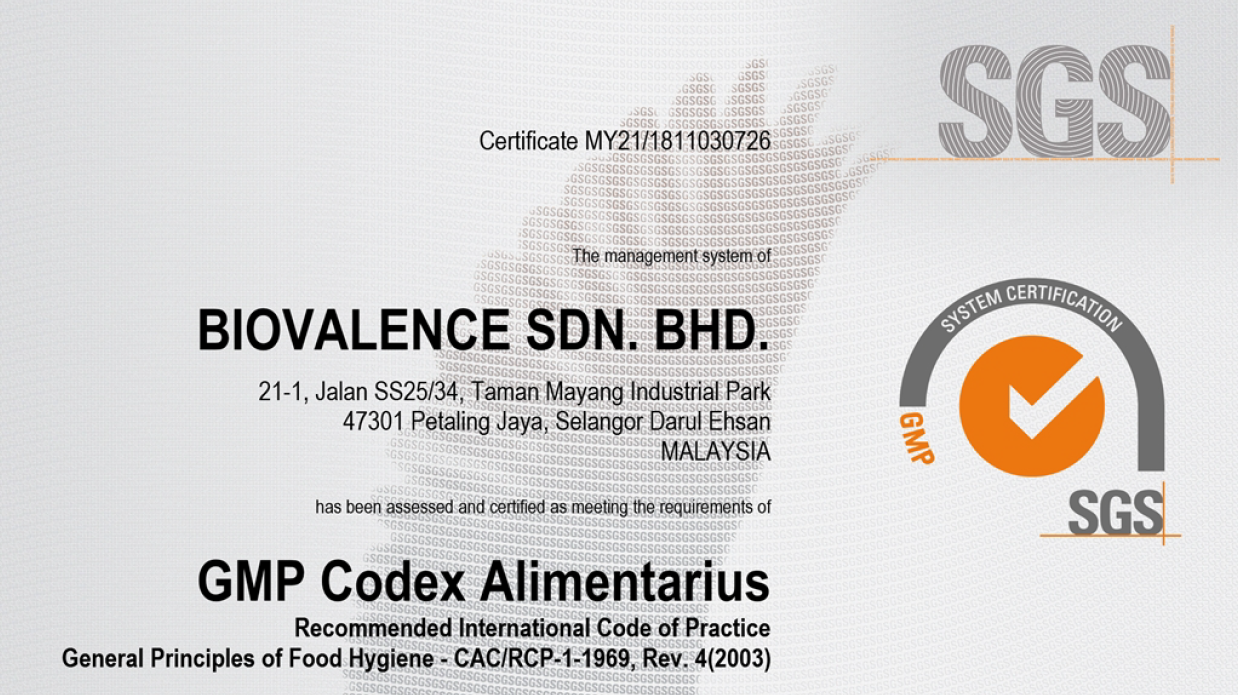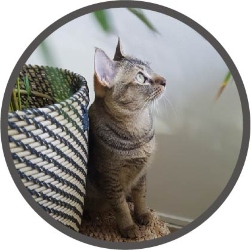



A Pandemic: 4 in every 10 cats will succumb to a fatal viral disease in their lifetime
RetroMAD1® is a trusted aid that over 10,000 cats suffering from feline leukaemia (FeLV), feline immunodeficiency syndrome (FIV), feline infectious peritonitis (FIP) and feline panleukopenia (FPV) have benefitted.
If the World Health Organization considers that 0.4% of the human population infected with Covid-19 is a pandemic, then the following viral diseases in cats are true pandemics:
- It is estimated that 15% of 200 million owned cats around the world have either Feline Leukaemia (FeLV), Feline Immunodeficiency Syndrome (FIV) or both.
- It is estimated that another 10% of 200 million owned cats around the world has Feline Infectious Peritonitis (FIP).
- Feline Panleukopenia (FPV) is seeing a marked resurgence in the past 3 years, especially in kittens. It has spread today to many parts of Asia Pacific and Eastern Europe as we receive more and more enquiries from cat owner groups and veterinarians from these territories.
- It is recently reported in scientific journals that chronic kidney disease (CKD) in cats has an important viral origin: Feline Morbillivirus (FMV).
This means that 4 in every 10 cats will succumb to one of these fatal diseases in their lifetime.
- FPV is sometimes misdiagnosed in catteries and rescue shelters because these cats that were brought in are suffering from Feline Leukaemia (FeLV) or Feline Immunodeficiency Syndrome (FIV).
- Since its discovery, the Feline Morbillivirus (FMV) has been reported in domestic cats worldwide, including in Hong Kong, Japan, Italy, US, Brazil, Turkey, UK, Germany, and Malaysia. Importantly, there is a potential association between FMV infection and feline kidney diseases, such as tubulointerstitial nephritis (TIN) and chronic kidney diseases (CKD), which are known to significantly affect feline health and survival (Eun Jin Choi et al., Viruses [May 2020], Vol.12, Issue 501).
- According to authors in the Veterinary Research Forum in 2014, the prevalence of Feline Herpesvirus type-1 (FHV-1) and Feline Calicivirus are the main primary pathogens of feline upper respiratory tract disease (FURD).
Know the early signs of Feline Leukaemia (FeLV) and Feline immunodeficiency Virus (FIV)
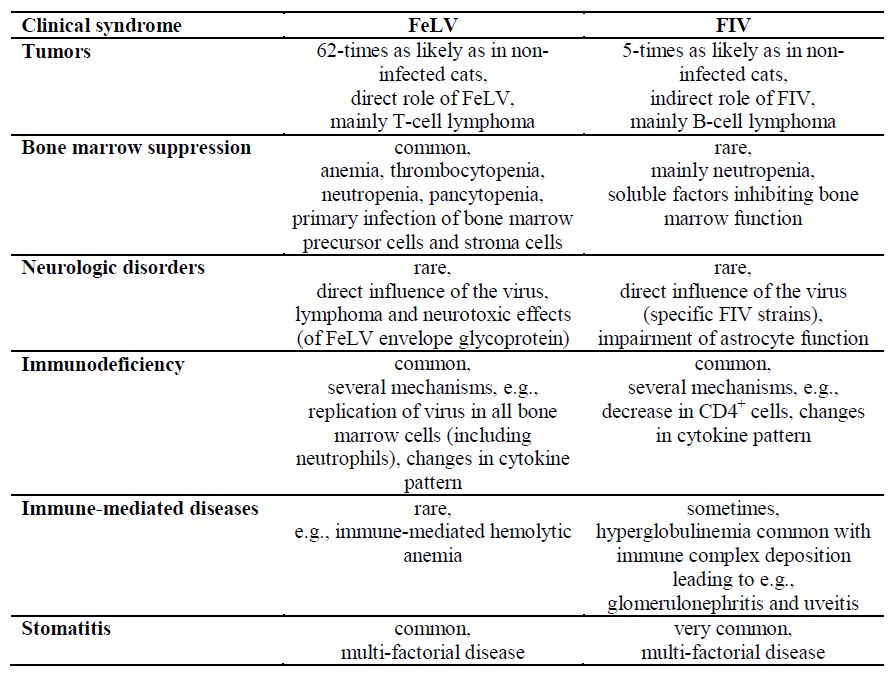
Reference: Katrin Hartmann. Clinical Aspects of Feline Retroviruses: A Review in Viruses 2012, 4, 2684-2710; doi:10.3390/v4112684
A Bane to Dog Owners: Canine Parvovirosis
Canine parvovirosis is not a disease of the past, despite the wide use of vaccines and vaccination programs available throughout the world.
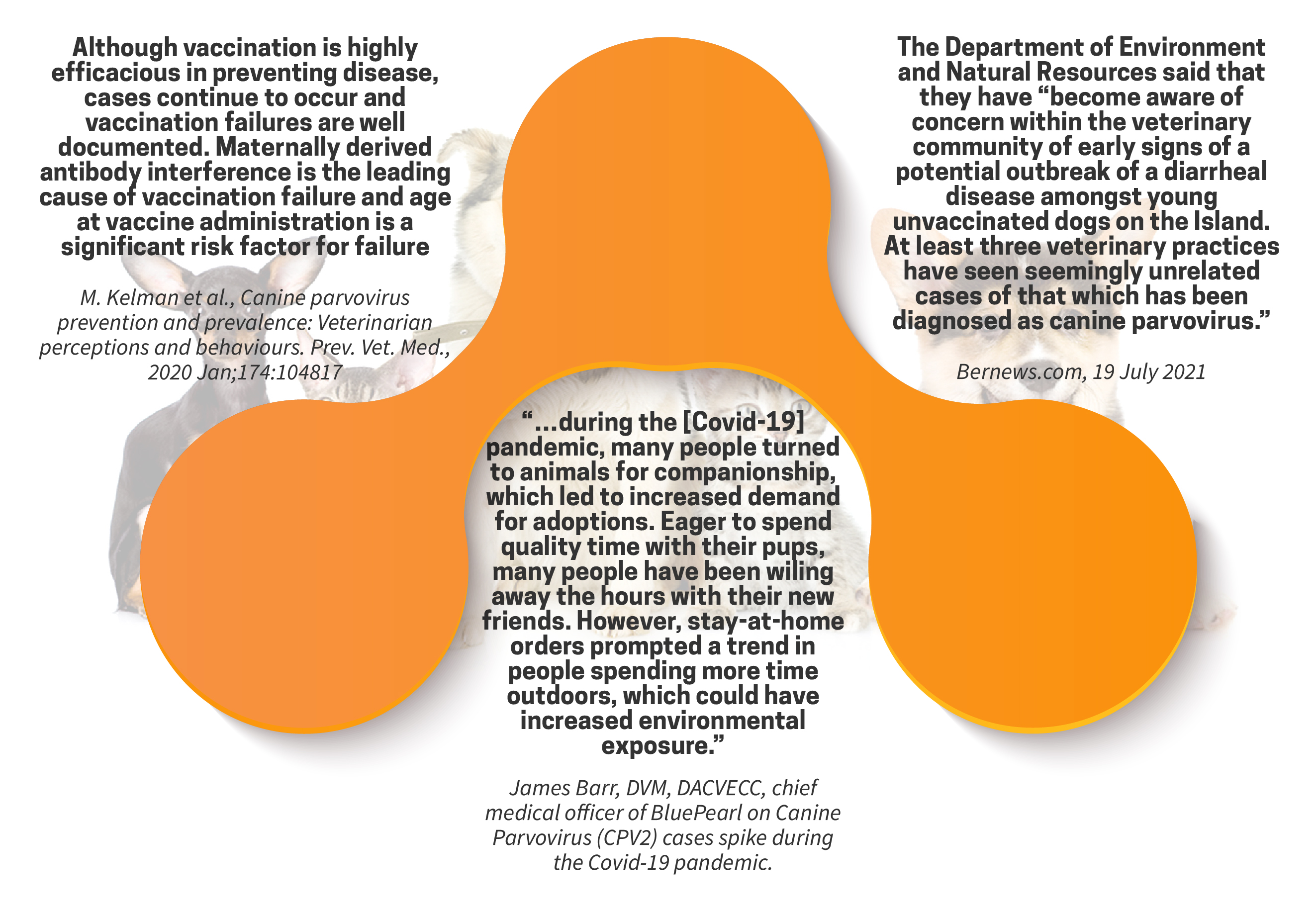
Check out on the Communities page to read the experiences of NEW cat owners about RetroMAD1®.
RetroMAD1® - An aid in the fight against FeLV, FIV, FIP, FPV and canine parvovirosis
RetroMAD1® is developed from a fusion of 3 naturally occurring proteins found in plants and animals that have scientifically proven antimicrobial properties
RetroMAD1® is positioned as an aid of choice for veterinarians and pet owners in their fight against FeLV, FIV, FIP, FPV and canine parvovirosis
RetroMAD1® can also be deployed in multi-cat communities that are afflicted with FeLV, FIV, feline enteric coronavirus (FECV) and FPV, and in kennels that are afflicted with canine parvovirosis.
RetroMAD1® comes in an aqueous solution that is stable under ambient temperature for up to 24 months from the date of manufacture. Benefits are:
